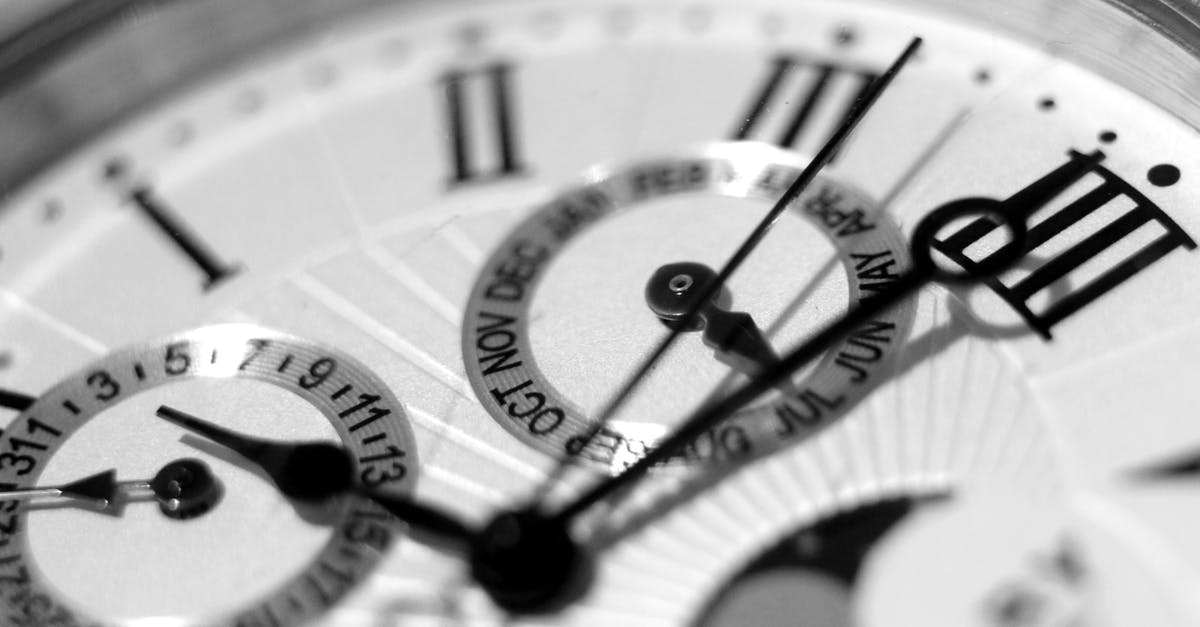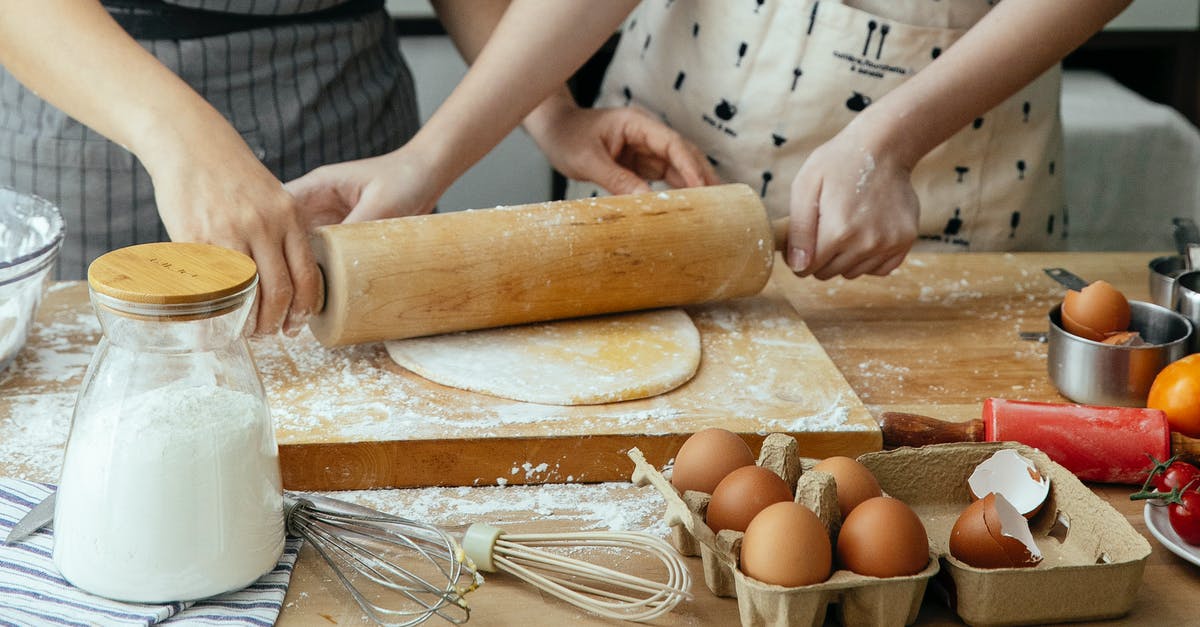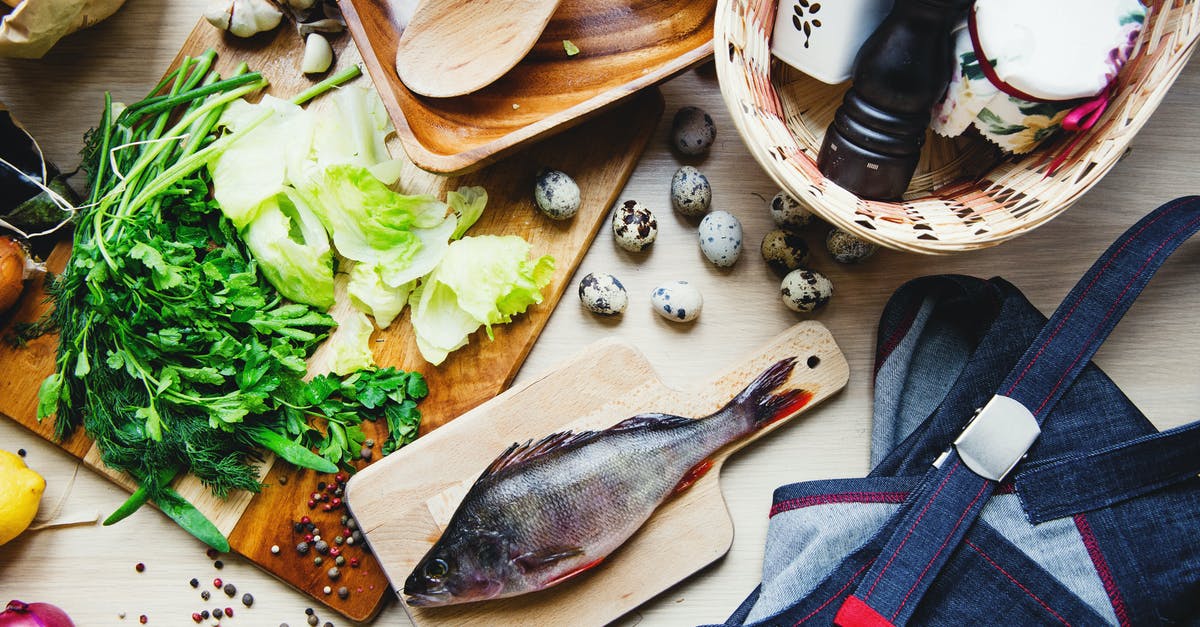First time egg pickler, does pressure in jar mean they're spoiled?

I hard boiled several fresh eggs, and pickled them with a chilli and garlic flavoured pickling vinegar which had been simmered for ~15 mins, storing them in jars that had been sterilised in the oven for half an hour or so and cooled. (I didn't follow a recipe as such, more a combination of different ones.) Everything had cooled when it was jarred.
They've since been stored in a dark cupboard at UK room temperature.
A couple of weeks later and the pop-up button on the lids is up under pressure.
Am I right to conclude that this effort has been a failure and the eggs are spoiled?
If so, where did I likely go wrong?
Updated to add: This is one of the recipies I followed (since I used their pickling vinegar): https://www.sarsons.co.uk/recipes/pickled-eggs
But having also looked at this one: https://www.bbcgoodfood.com/recipes/pickled-eggs
.. amongst others, I additionally boiled the vinegar and flavourings for about 15 minutes and sterilised the jars in the oven at 180C for about half an hour. (I underestimated the volume of vinegar needed so topped up with fresh unboiled pickling vinegar.)
Best Answer
As somebody who ferments things, unexpected ferments generally should not be trusted. Even I throw them out, even though I'm pretty sure they're safe, personally.
Based on these two recipes and others I Googled, it seems like fermentation is not expected or desired. It seems like the two recipes you link to assume that the acidity of the pickling brine will be enough to preserve the eggs at room temperature for some time. We store vinegar at room temperature all the time!
But there are a lot of variables that could affect this. How much sugar did you use? How much chili and garlic? were they fresh or dried? How big were your eggs, and how much vinegar did you use relative to everything else? How much water did you add to your brine mixture before simmering it? And how long did you let your brine cool?
Although sterilization is hugely important, so is the pH of the brine and salinity/sugar content of your additions. So if you're inventing recipes, make sure you take some time and really think through how your additions could be altering the pH of the overall solution. If you're lowering it, consider how that might change the method.
In order to keep this from happening again, I would recommend hot-packing your eggs, and consider looking into canning them. Hot-packing means take your jars out if the oven, put your eggs in them, pour in your hot brine, and close the lid. Then let them cool and transfer to the fridge.
Pictures about "First time egg pickler, does pressure in jar mean they're spoiled?"



How can you tell if a pickled egg is bad?
Signs That Pickled Eggs Have Gone BadHow long are jarred pickled eggs good for?
If small eggs are used, 1 to 2 weeks are usually allowed for seasoning to occur. Medium or large eggs may require 2 to 4 weeks to become well seasoned. Use the eggs within 3 to 4 months for best quality.Why do pickled eggs go rubbery?
If eggs stay in a strong brine too long, they can become rubbery and chewy. To prevent this from happening, remove and enjoy while they're still a nice texture or water down the solution for longer storage. For safety reasons, you should keep your pickled eggs refrigerated.Can you get botulism from pickled eggs?
Most foodborne botulism cases that occur in the United States are the result of improperly home-canned foods. This is the first reported case of botulism related to eating pickled eggs.Trying Pickled Eggs For The First Time, See My Reaction
Sources: Stack Exchange - This article follows the attribution requirements of Stack Exchange and is licensed under CC BY-SA 3.0.
Images: Mat Brown, Andrea Piacquadio, Katerina Holmes, Ksenia Chernaya
